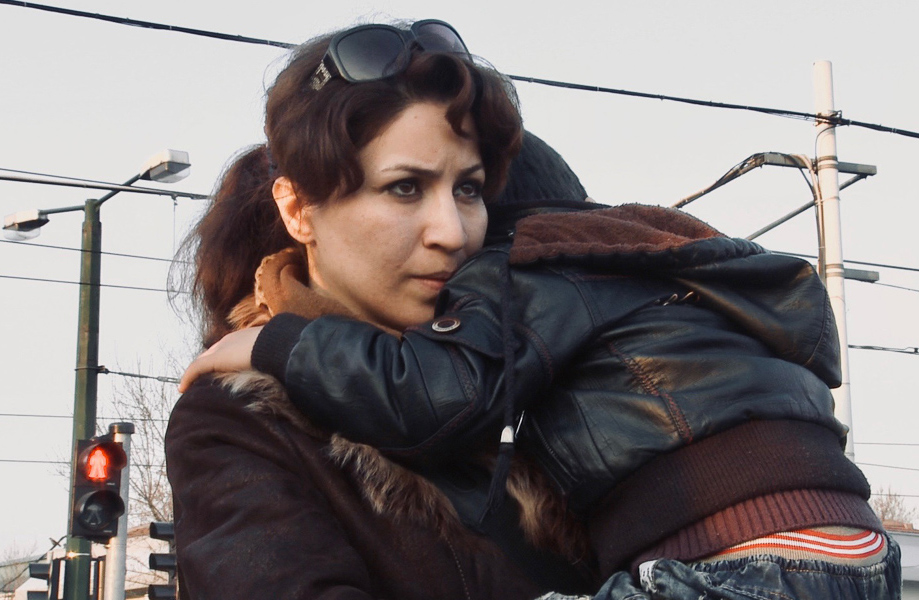“In this whole world, you don’t even belong to a little piece of land,” says Leila, during one of her many trips to a therapist documented throughout Eva Mulvad’s heartrending film “Love Child,” bristling at the conclusion found by the UNHCR that her family is “stateless.” As it turns out, calling them a family is equally fraught when Leila and her partner Sahand had to flee Iran, after Leila tired of waiting to get permission for a divorce from her husband, who was in no state to grant her one as he was in the throes of drug addiction, and the two conceived a child, Mani, who they sought out a better life for, yet after finding a home in Turkey, they can never put on their paperwork that they’re married when Leila is still bound to someone else.
There are very real, tangible barriers that these words put up for Leila, Sahand and Mani as they’re constantly checking whether their application for political asylum has been granted, restricting their movement to within Turkey and made all the more trying when they have to file separately without being connected by marriage. But the truly harrowing part of “Love Child” is how Mulvad makes visible the psychological strain of being a slave to status conferred by others that have never seen or met you. While government agencies can only see refugees as giant, faceless masses who are evaluated strictly by what’s been written on a piece of paper, Mulvad demonstrates how much power those papers carry and how inaccurate they often are as “Love Child” charts five years of the family’s experience awaiting decisions of martial and immigration status that could put their mind at ease when a sense of stability is painfully elusive.
Although escaping Iran would seem treacherous enough, with Sahand tearfully acknowledging from the start of the film not knowing whether he’ll be alive or dead by the next day when traveling to Istanbul, it gradually feels as if that’s the easiest part of the family’s journey in “Love Child” after the father finds a job welding and Leila tends to their young son. For the two former teachers, there’s got to be some disappointment in not being able to put their education to use, but for better and worse, it’s a far simpler life than either could’ve expected, except for the guillotine-like specter that they could be sent back to Iran any day. Naturally, this anxiety looms large in Sahand and Leila’s relationship, occasionally bursting out into public view, but the film shows time and again the insidious ways how being defined by others rather than being able to do so for themselves has shaped how they look at each other, with Mani using “uncle” as an epithet against his biological father Sahand since legally Leila could never risk saying he wasn’t the child of her original husband and Sahand and Leila have decisions made about their status at separate times, creating an altogether different sense of limbo.
With such an articulate and self-aware couple at the center, it’s understandable why Mulvad wanted to sit in on their therapy sessions in which they can express themselves better than anyone else could, but also gives a feeling of personal agency that they’ve long been denied. In exchange, the film becomes privy to their most intimate of moments, both in anger and in joy, and allows for a beautiful family portrait that may unfold under extreme circumstances but likely resembles people you know, chronicling the growing pains inherent in any relationship that evolves over time and although Leila, Sahand and Mani seem as if they’re on an ongoing search for a place to call their own, they certainly find a place in your heart and mind.
“Love Child” will screen at the Toronto Film Festival on September 15th at the Scotiabank Theatre at 6:45 pm.




